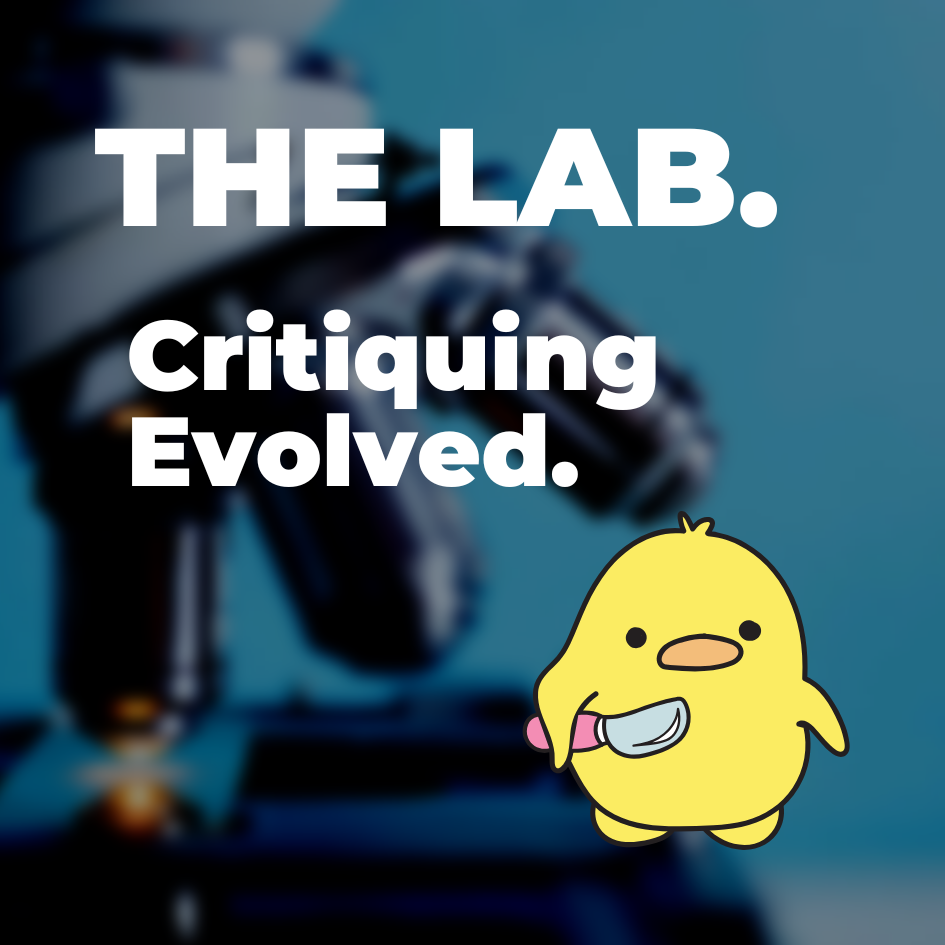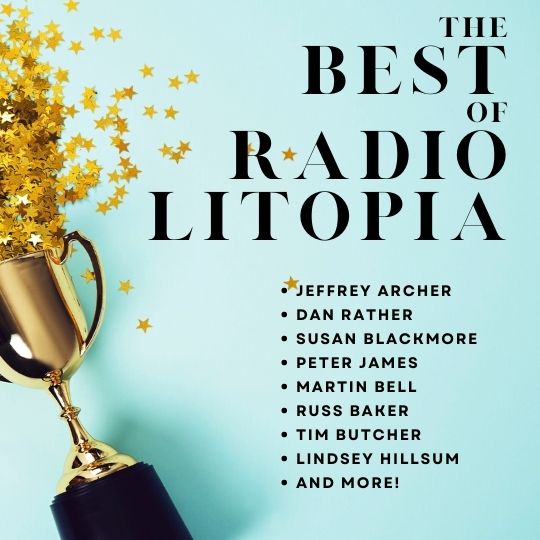Paul Whybrow
Full Member
I've been self-publishing my poetry, short stories, novellas and song lyrics online for about eighteen months. I initially used the Smashwords site, as it was through the founder Mark Coker that I learned most of what I knew about e-publishing. Smashwords makes the process of distributing one's work easy. I published all of my titles on Amazon about ten months ago, though resisted the temptations of their Kindle Select programme - largely because of unease about their business practices.
In the last two years, many traditional publishers have opened their own digital imprints, finally admitting that ebooks aren't going to go away. They are still selective about who they'll publish, but in theory the advantage of having one's book on a well-known publisher's site should add credibility and increase sales. The downside that affects authors, is that instead of getting all of the profits from sales by self-publishing, your publisher will only give you 25% of what they make. Granted, this is more than the pathetic 15% which is common for traditional books, but digital files cost very little to store and distribute, compared to having to print, box and store hard copies in a warehouse, with attendant transportation expenses. Essentially, book publishers are taking 75% of a writer's earnings for not doing very much. This has caused rumblings in the writing community, and the Alliance of Independent Authors has recently launched a campaign for publishers to increase their payments to 50%.
During the many submissions that I made to literary agents and publishers in the last seven months, I approached a few who handled digital books. One of these was Tirgearr Publishing in Ireland : http://www.tirgearrpublishing.com/index.htm
Although their catalogue looks like they specialise in romances and erotica, they do publish a few thrillers, so my novel would fit in and they were looking to add more of this genre. Their submission procedure required sending off the entire manuscript, which was a bit unusual. I heard back from their founder Kemberlee Shortland after a couple of months, showing some interest in my novel and asking for a clean version of it. By this she meant for me to remove all of the hyperlinks that I'd inserted into the text. These are considered to be desirable features for an ebook, but Tirgearr doesn't use them in its books and they were distracting their reader from appraising my novel. I sent a clean copy off, and am waiting on a response.
I checked out Tirgearr and they appear to be a legitimate operation, though I found a forum where Kemberlee was taken to task over her publishing experience. I attempted to find out more about them by emailing one of their most prolific authors via her blog, but she hasn't responded. I wanted to know how well they promoted her books, and if she'd made any money through being with them.
Do any of my fellow Colonists have any experience of using digital publishers? Are there any advantages or disadvantages of signing a contract with a company and giving them exclusive rights? Or would I be better off staying independent, and doing more work on promoting my books and myself on blogs, social media and forums?
In the last two years, many traditional publishers have opened their own digital imprints, finally admitting that ebooks aren't going to go away. They are still selective about who they'll publish, but in theory the advantage of having one's book on a well-known publisher's site should add credibility and increase sales. The downside that affects authors, is that instead of getting all of the profits from sales by self-publishing, your publisher will only give you 25% of what they make. Granted, this is more than the pathetic 15% which is common for traditional books, but digital files cost very little to store and distribute, compared to having to print, box and store hard copies in a warehouse, with attendant transportation expenses. Essentially, book publishers are taking 75% of a writer's earnings for not doing very much. This has caused rumblings in the writing community, and the Alliance of Independent Authors has recently launched a campaign for publishers to increase their payments to 50%.
During the many submissions that I made to literary agents and publishers in the last seven months, I approached a few who handled digital books. One of these was Tirgearr Publishing in Ireland : http://www.tirgearrpublishing.com/index.htm
Although their catalogue looks like they specialise in romances and erotica, they do publish a few thrillers, so my novel would fit in and they were looking to add more of this genre. Their submission procedure required sending off the entire manuscript, which was a bit unusual. I heard back from their founder Kemberlee Shortland after a couple of months, showing some interest in my novel and asking for a clean version of it. By this she meant for me to remove all of the hyperlinks that I'd inserted into the text. These are considered to be desirable features for an ebook, but Tirgearr doesn't use them in its books and they were distracting their reader from appraising my novel. I sent a clean copy off, and am waiting on a response.
I checked out Tirgearr and they appear to be a legitimate operation, though I found a forum where Kemberlee was taken to task over her publishing experience. I attempted to find out more about them by emailing one of their most prolific authors via her blog, but she hasn't responded. I wanted to know how well they promoted her books, and if she'd made any money through being with them.
Do any of my fellow Colonists have any experience of using digital publishers? Are there any advantages or disadvantages of signing a contract with a company and giving them exclusive rights? Or would I be better off staying independent, and doing more work on promoting my books and myself on blogs, social media and forums?







